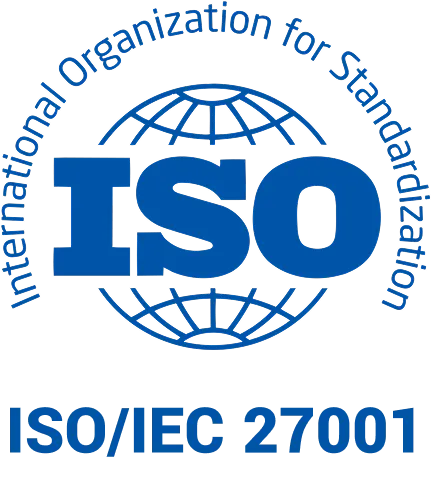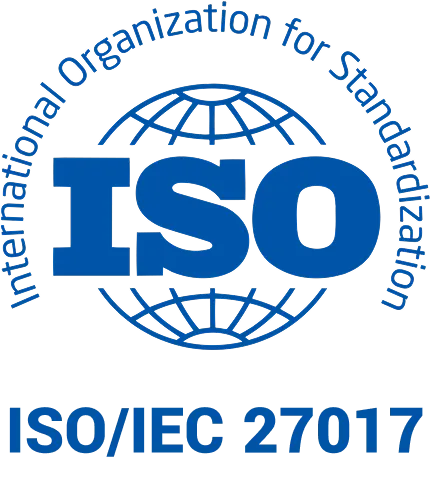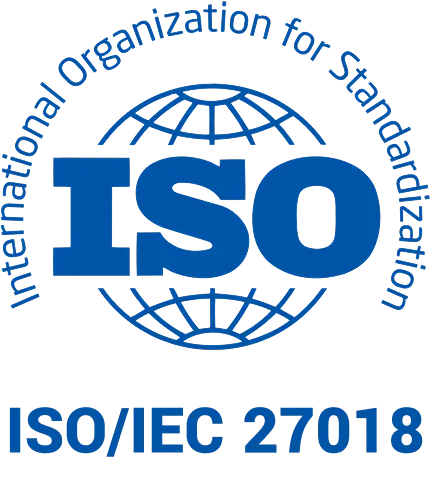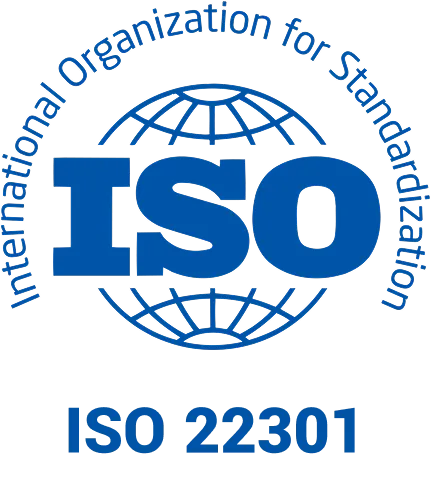
In appreciation, the most important thing is positive emotions.
In our expert series under the banner "Appreciate with Nais," Ewa Wawszczak, General HR Manager at Randstad Polska, answers questions.
Why is it important to appreciate? Is it more important now, during remote work?
Ewa Wawszczak, General HR Manager at Randstad Polska: Appreciating is always valuable; it is a source of positive reinforcement and motivation. It is important to tie appreciation to specific behavior, results, or attitudes, and provide clear feedback so that employees know what exactly is being appreciated. This way, they will feel a sense of satisfaction from a job well done. Even small acts of appreciation are very important in the era of remote work. Since we see each other less often, employees may feel that not everything they do is noticed. Additionally, with remote work, isolation, and changes in the job market, employee concerns may increase, so it is even more important now to be attentive and appreciative.
Does the form of appreciation matter?
In appreciation, the form often holds as much significance as the reward itself. It can be important whether the appreciation is given individually or publicly. Whether it is feedback or an expression of recognition—everything influences how special the recipient feels about the event. The individual nature of the appreciation also matters; for example, if the reward is tailored to the recipient's needs, it also affects how the recipient feels. After all, the most important aspect of appreciation is the positive emotions experienced by the recipient.
Will the culture of appreciation become more widespread upon returning to the office?
In recent years, the culture of appreciation has gained advocates and practitioners. This is due to the development of conscious leadership in Polish companies, the alignment of employers' actions with the expectations of the younger generation, and an increased awareness of the importance of motivation among Polish managers. How much this period of isolation will reinforce it depends on the company's approach, the job market situation, and the managers themselves. New forms of appreciation will certainly develop, with a greater use of online tools, which had to be implemented due to remote work. These tools might prove more effective and remain in companies longer. Examples include online diplomas instead of traditional ones, points on a platform instead of physical awards presented personally, and rapid online feedback such as likes, short messages, and thanks, which can complement existing forms of appreciation.
What should we do to make appreciation a part of the company's culture?
Communication and the attitude of managers are crucial factors here. We can start by raising awareness about the importance of appreciation and the value of genuine feedback. It is also worth teaching team members how to provide feedback to each other in a way that is not criticism but inspiration and reinforcement. Then, implementing schemes, programs, and tools that help managers and employees remember to appreciate others regularly is important. It is also useful to measure the final engagement levels of teams that implement a culture of appreciation and to showcase these positive results within the company, thereby encouraging others to adopt such a culture.
Are organizations that appreciate their employees "safer" for individuals and provide a sense of value and significance?
Everyone prefers positive reinforcement over criticism. In organizations where appreciation is lacking, frustration can arise. Working in environments that focus on employees' strengths and provide rewarding feedback contributes to a better work environment. This atmosphere is one of the main factors influencing whether employees stay with an organization or accept a new job offer.
In a true culture of appreciation and feedback, appreciation goes both ways. While building a culture of appreciation, we often start with the manager-employee relationship. This is just the beginning. Ultimately, appreciation flows in all directions: from the boss, from the employee, from colleagues, and also from clients or suppliers with whom we collaborate. "Feedback is a gift"—it inspires, appreciates, reinforces the feeling of being needed and noticed, and allows for growth.
AUTHOR: Ewa Wawszczak, General HR Manager at Randstad Polska





































